Hays County residents could see rising rent prices following the commissioners court’s decision to increase property taxes by nearly 14% on Sept. 17.
The Hays County Commissioners Court raised the property tax rate from $0.3075 to $0.35 per $100 of valuation, effective in October. While the new rate is in effect, payments are not yet due, prompting apartment complexes to adjust in advance.
Property taxes are fees paid by property owners based on the determined value of their property. While college students renting apartments do not pay property taxes directly, their complex does, which is reflected in their rental pricing.
Over the past five years, the county property tax rate has consistently decreased, marking the 2025 fiscal year as the first increase in recent years.
Local landlord Dawson Brewster said landlords have to match what the market allows them to rent for, and property taxes play a large role in setting rental prices.
“Being a landlord, it is a profit business,” Brewster said. “At least the landlords that I’ve spoken to, we all try to be as fair as possible. We try to be in line with what the market is allowing us to rent our houses for, but when we do notice those property taxes increase, we do have to mirror our prices to match that. So in turn, we pass that cost off to the renter.”
Property is taxed by numerous local government entities, including the county, city and school district tax rates, and each has an independent process to determine their tax rate.
While county tax rates have increased, the city of San Marcos’ property tax rate has remained the same over the past few years, according to the city’s budget office.
In addition to the county property tax rate increasing after years of steadily decreasing, property appraisals have been gradually increasing.
“If you want to go back to 2014, I want to say my house was [appraised at] $205,000, but now it’s in the $750,000 range,” Hays County Budget Officer Vickie Dorsett said at the Sept. 3 commissioners court meeting. “I’m paying taxes on those increases year over year at 10% a year, also minus my exemptions. It just depends on each specific case.”
Dorsett said county tax policy can get confusing, largely due to the variations within exemptions of property. For homeowners, individuals can secure a “homestead exemption,” which provides a 10% cap on total assessed value of the property from year to year.
However, this is an exemption property managers and landlords are not able to secure as a homestead exemption is only applicable for the property owner’s primary residence.
“For those that are not exempted via homestead…that’s where you’re going to see the greatest impact,” Dorsett said. “For a second property, that is not capped by that 10%. You’re seeing the full brunt of that appraisal.”
At the Sept. 3 meeting, Commissioner Walt Smith said the county tries to keep the tax rate as low as possible, but it has to account for the growing needs of the community.
“Going in 2015 from a rate of $0.469 per 100 to a proposed rate this year of $0.35 [per 100], I think most municipalities, counties and other taxing entities in the state would wonder how we’ve done that,” Smith said. “What we’ve done is we’ve tried to pay for growth with growth here. At a certain point, you have enough new residents here where… the need for services outstrips some of our tax base.”
As Texas largely prioritizes property taxes as an alternative to income tax, the majority of local government budgets are generated through property taxes. For example, in fiscal year 2024, property taxes funded nearly 56% of the Hays County budget revenue.
“As property taxes tend to increase, we all have to increase our prices across the board,” Brewster said. “Unfortunately, the renter does take on that added expense. I would say that if there was no property tax increase, I don’t see the point in landlords increasing their prices, so they go hand-in-hand, really close together.”
With many college students looking for leases over the coming months, increased property taxes could impact rent pricing moving forward.
“We’ve got people that have lived here all their lives that can’t afford to live here anymore because of the property tax,” resident Dan Lyon said at the Sept. 3 meeting. “When you tax somebody $5,000 a year for their home, there are people here that don’t even make that much in a year, so where is this going to end?”



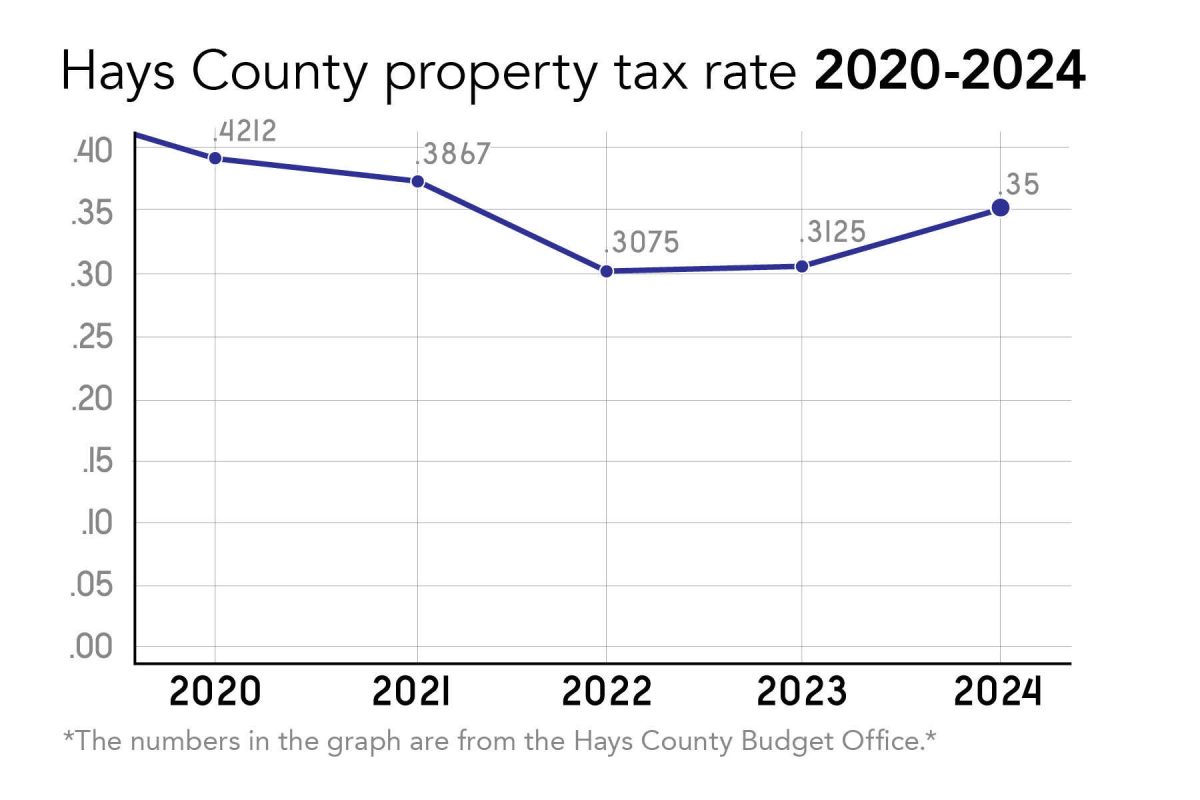




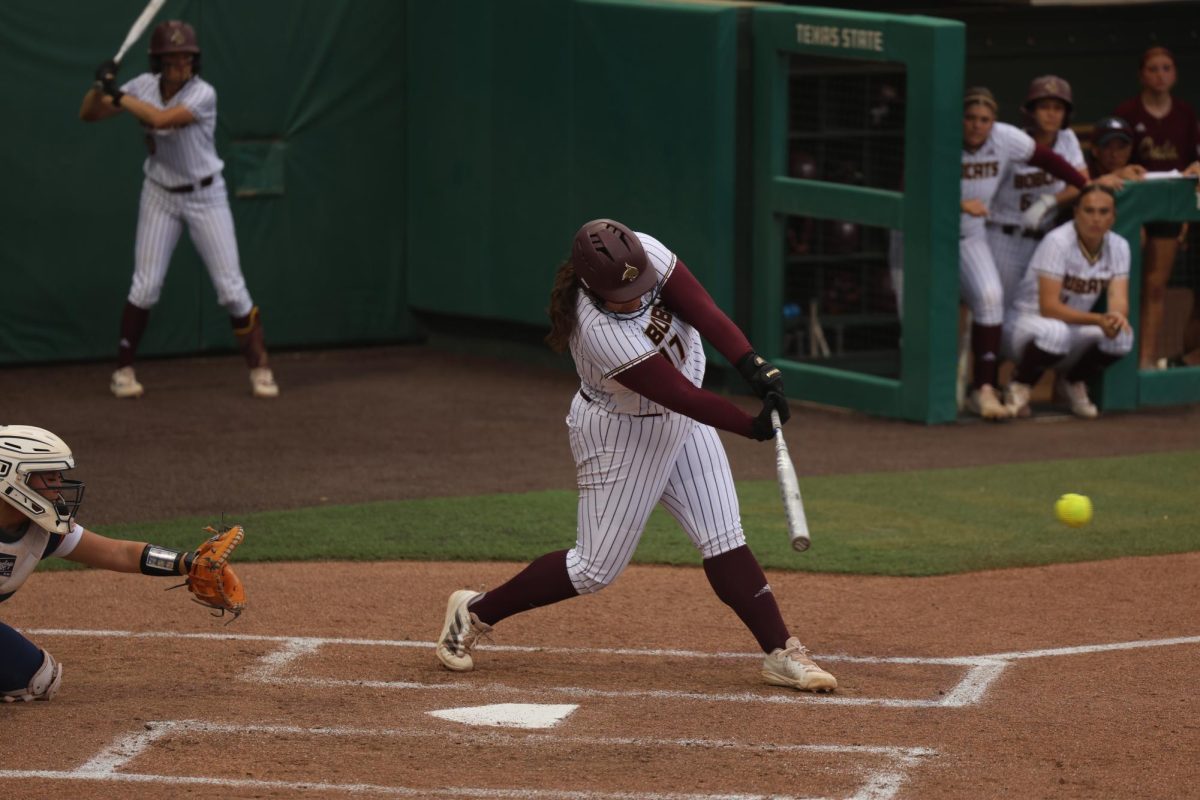

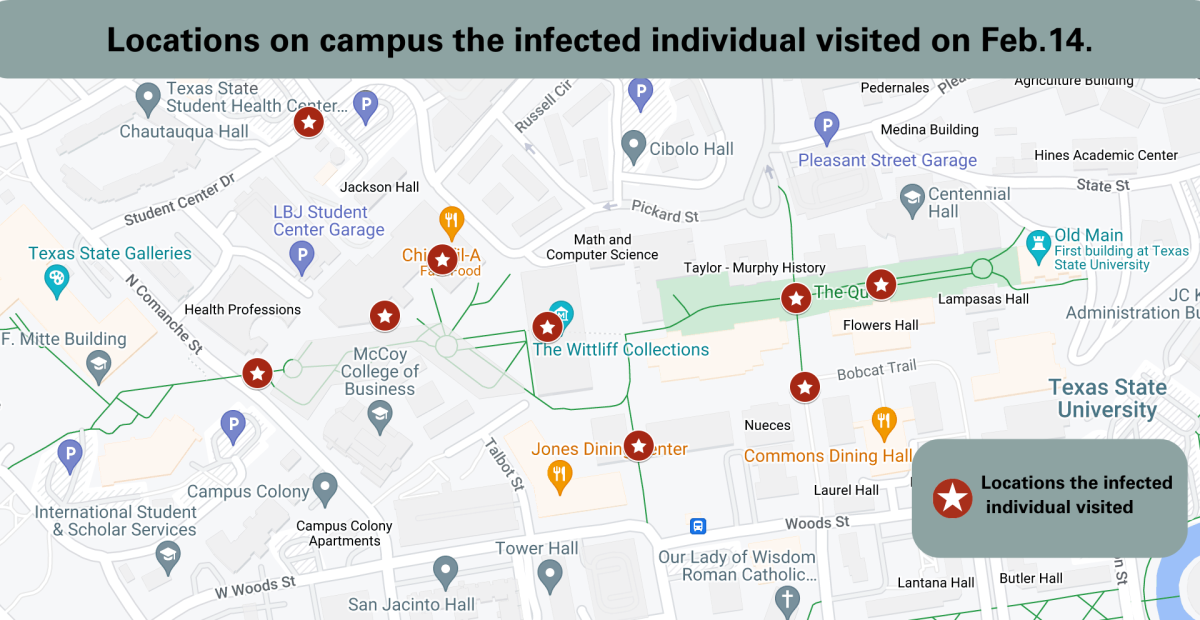


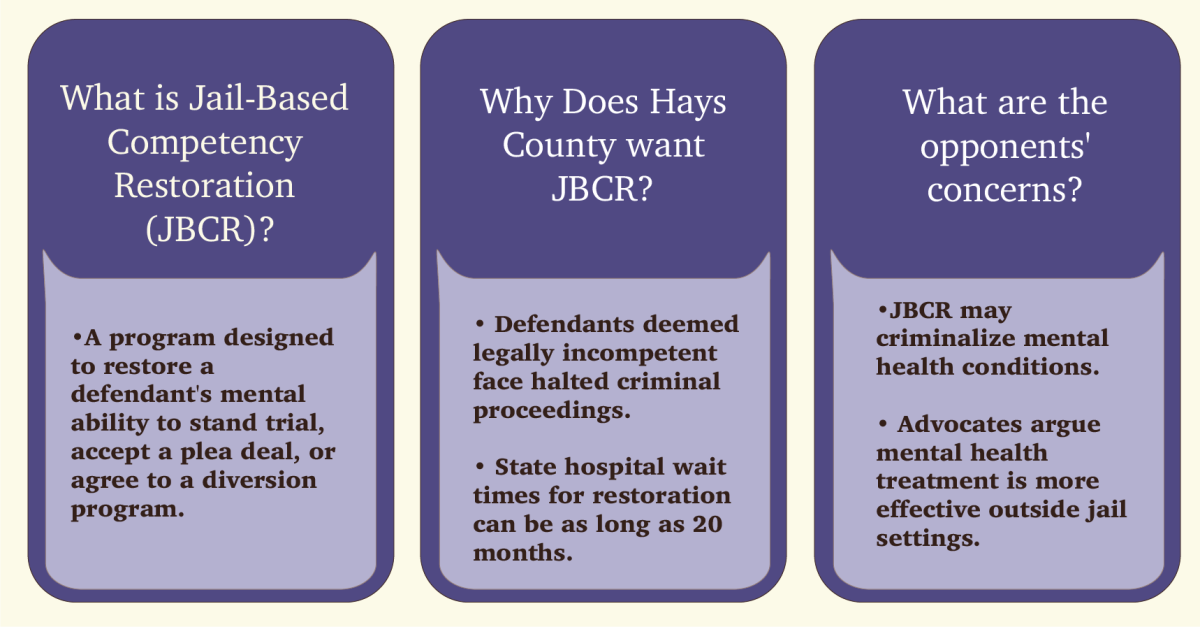
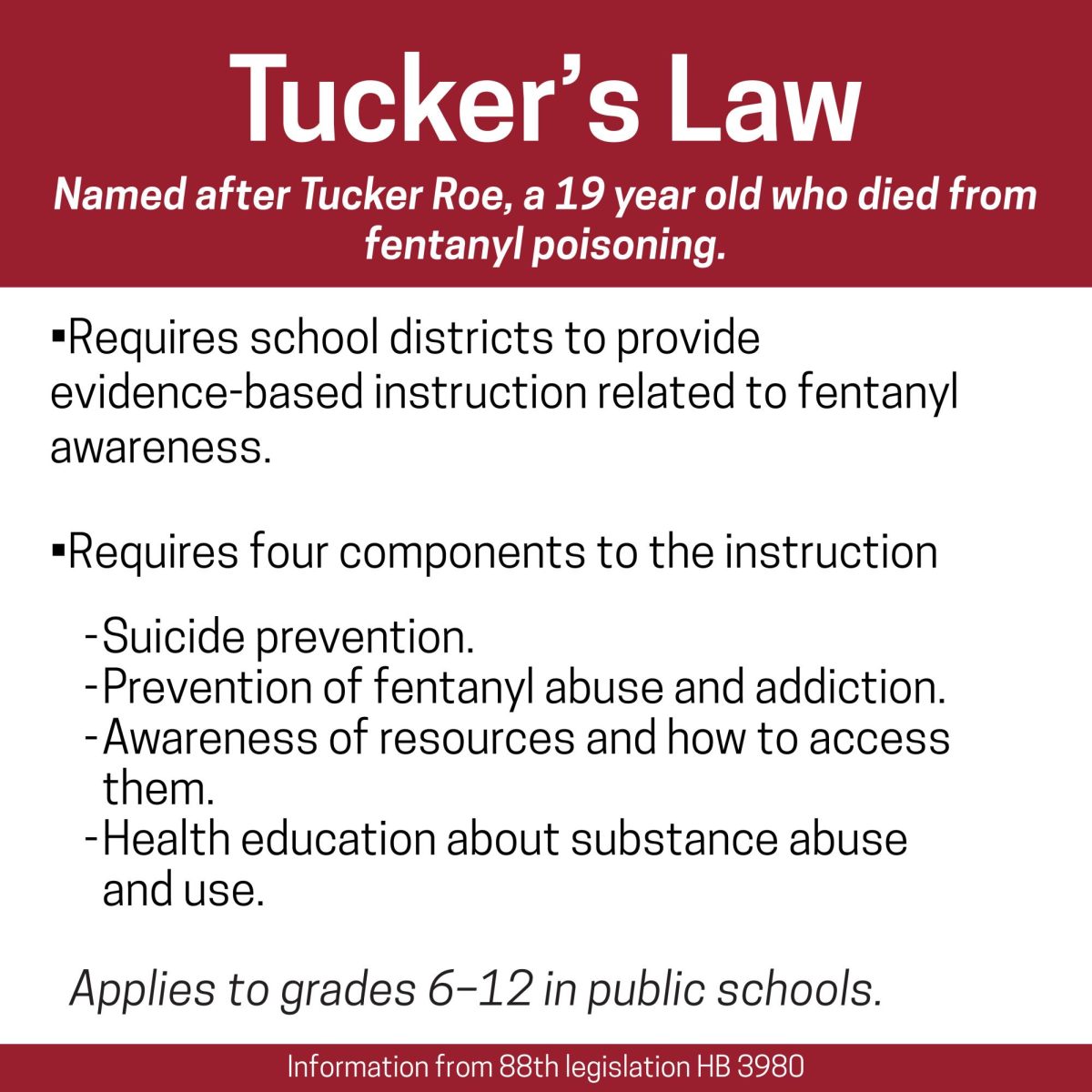
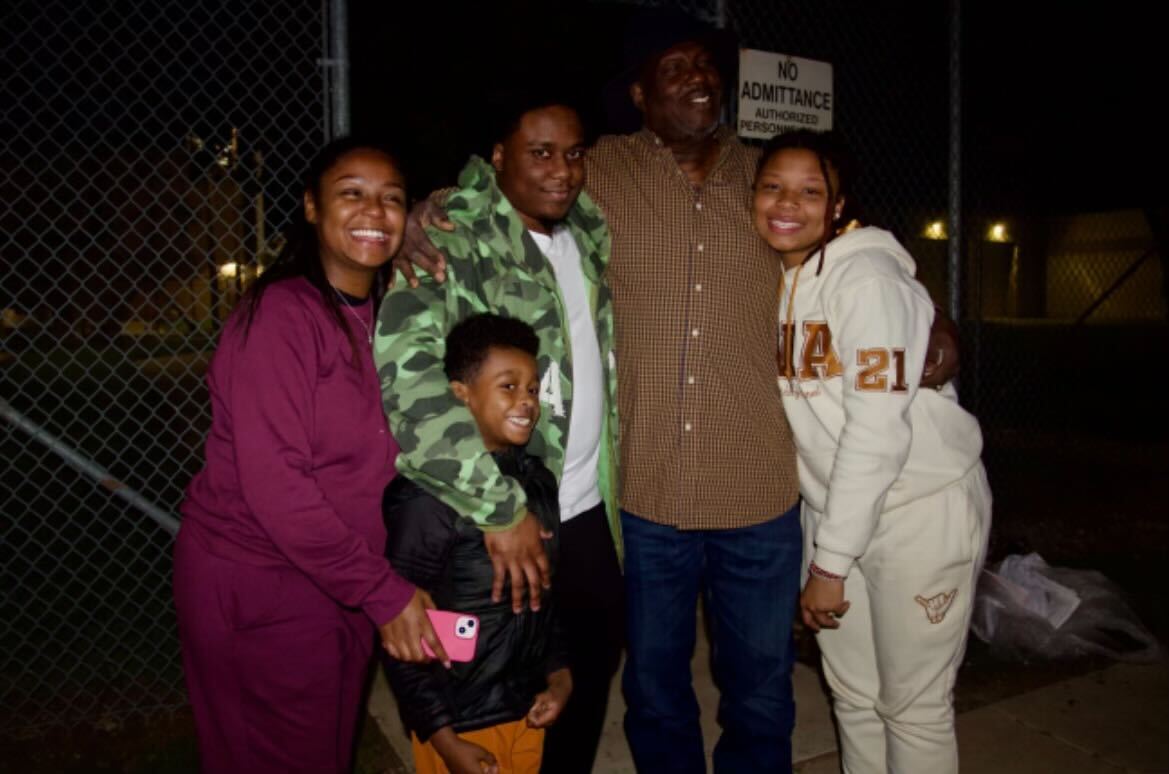




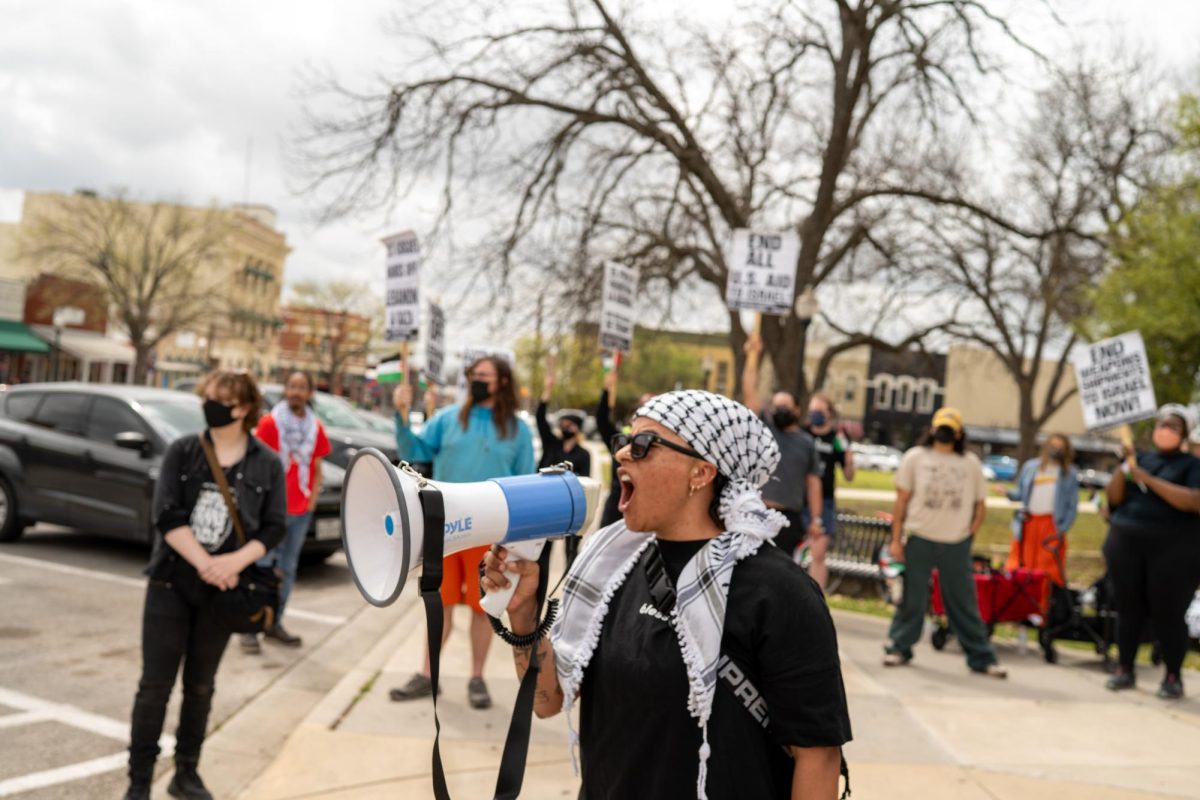
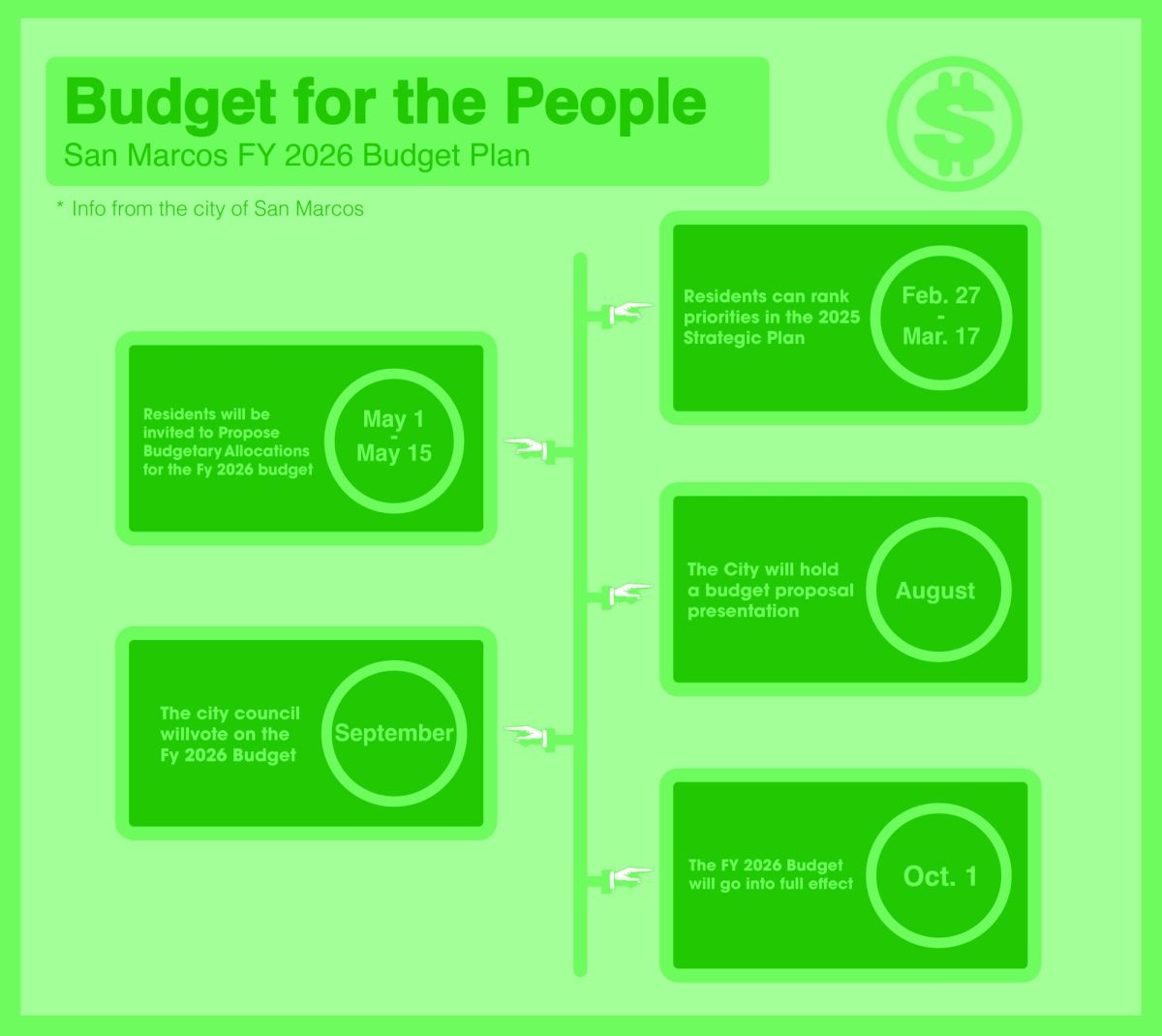
Adam Nejat • Nov 24, 2024 at 10:11 pm
Worse county in the country. They keep increasing and increasing over and over every year for no earthly reason.
Their office staff and their
appraisals are not
Qualified for their jobs .
I think state needs to step in to correct the issue .
Howard Connell • Nov 24, 2024 at 8:44 pm
The writer is only telling half the story.
landlords get to deduct all operating costs and repairs. Also, interest paid on debt service. They also get to depreciate their property over the years, All the whole, their property is increasing in value. Rental properties, 5 units or more are valued on a multiplayer of their gross rental income.
Stop painting a one sided story or doesn’t the writer know any better.